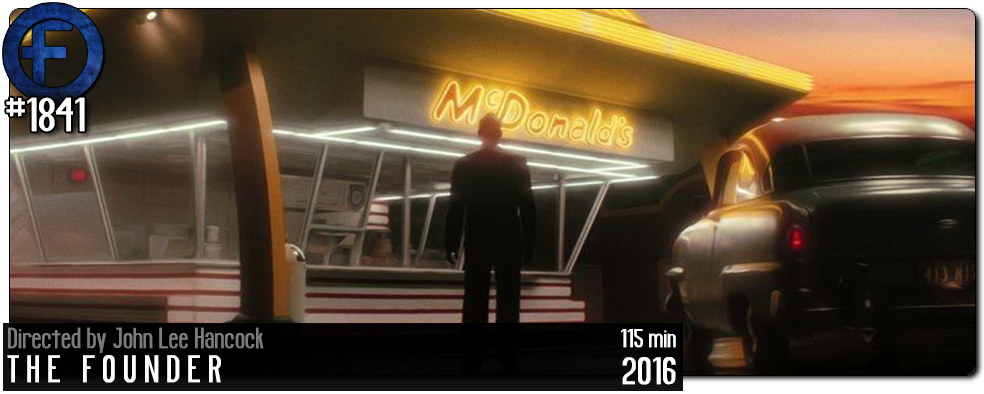Movie Review – Founder, The
Principal Cast : Michael Keaton, Nick Offerman, John Carroll Lynch, Linda Cardellini, Patrick Wilson, Laura Dern, BJ Novak, Justin Randell Brooke, Kate Kneeland.
Synopsis: The story of Ray Kroc, a salesman who turned two brothers’ innovative fast food eatery, McDonald’s, into the biggest restaurant business in the world, with a combination of ambition, persistence, and ruthlessness.
********
Like the corporate behemoth on which it’s based, The Founder is immediately intriguing but after you’ve enjoyed it the regret kicks in. Michael Keaton shoulders the film admirably, playing Ray Kroc, the man known primarily as the engineer behind McDonald’s eventual global takeover as the preeminent fast-food giant, taking the concept of quick, tasty mass-produced food from a single, Californian suburban burger joint to the world, barely pausing to remember who he stepped on along the way. Curiously, The Founder works as a behind-the-scenes drama but fails as a piece of entertainment, ultimately lacking a conclusive examination of either McDonald’s itself or Kroc, an enigmatic figure in corporate America who polarises the further his career went along.
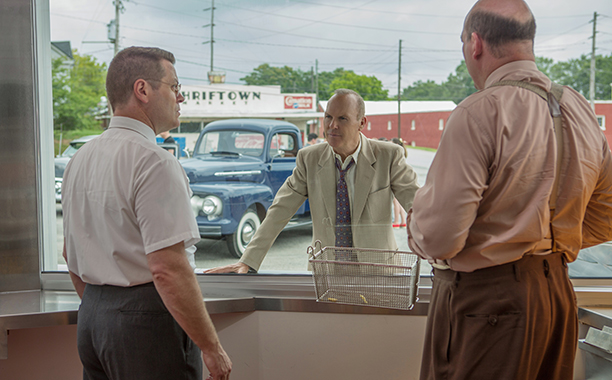
Ray Kroc is a semi-successful milkshake salesman travelling America in the mid-1950’s. His wife, Ethel (Laura Dern), remains at the family home whilst Ray attempts to make ends meet selling to various hamburger joints across the country. One day, Ray embarks on a trip to San Bernadino, California, to check out a burger bar which has just ordered a surprisingly large supply of machines; the owners, Richard “Dick” (Nick Offerman) and Maurice McDonald (John Carroll Lynch) have created a successful enterprise of their own, mass-producing burgers cheaply and with quick turnaround, along with milkshakes made to order. Sensing an opportunity, Ray offers to make the brothers a deal to franchise their business model elsewhere in the region, which they agree to. As the McDonald’s brand starts to become successful, Ray becomes more and more resentful of the deal he signed, which limits the flexibility and business decisions he can make: eventually, he circumvents the McDonald’s deal and starts to run his own side-business in real-estate, as well as flirting with franchisee Joan Smith (Linda Cardellini), all to maximise profit and create a great American empire.
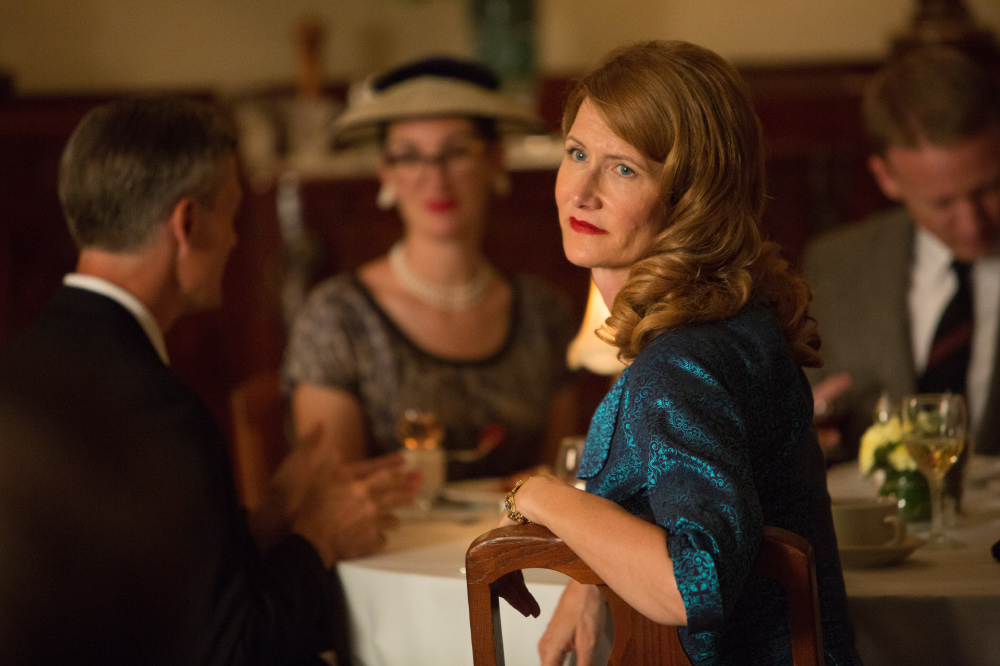
Director John Lee Hancock has made a career of our biographical dramatizations of famous people and/or places, with a filmography including the 2004 historical epic The Alamo, the Best Actress-winning film The Blind Side (Sandra Bullock), the Disney-centric Mary Poppins melodrama Saving Mr Banks, and most recently the Kevin Costner and Woody Harrelson crime drama The Highwaymen. With The Founder, Hancock takes on the relatively unknown historical signposts of the McDonald’s legacy, crafting a film around legitimately truthful events and people whilst attempting to maintain a sense of tragic melancholy to satisfy a staid, stodgy series of characters inevitably fraught narrative. The Founder is written Robert Siegel (The Wrestler, Turbo), sprinkling in nostalgic representations of a bygone American era whilst endeavouring to shoehorn in Ray Kroc’s at-all-costs business ethos, which turns the guy from an enterprising entrepreneur into an outright asshole, only without a gradual transition worthy of Keaton’s abilities. Instead, between Hancock and Siegel, The Founder flounders with a lot of the more intricate character details, wasting Laura Dern’s character and consigning the likes of Patrick Wilson and Linda Cardellini to mere cameo players in what was actually a vastly interesting story. The fact the film skips over one of Ray Kroc’s other marriages completely notwithstanding, there’s a lot to like here, but it doesn’t come together the way Hancock might have hoped.
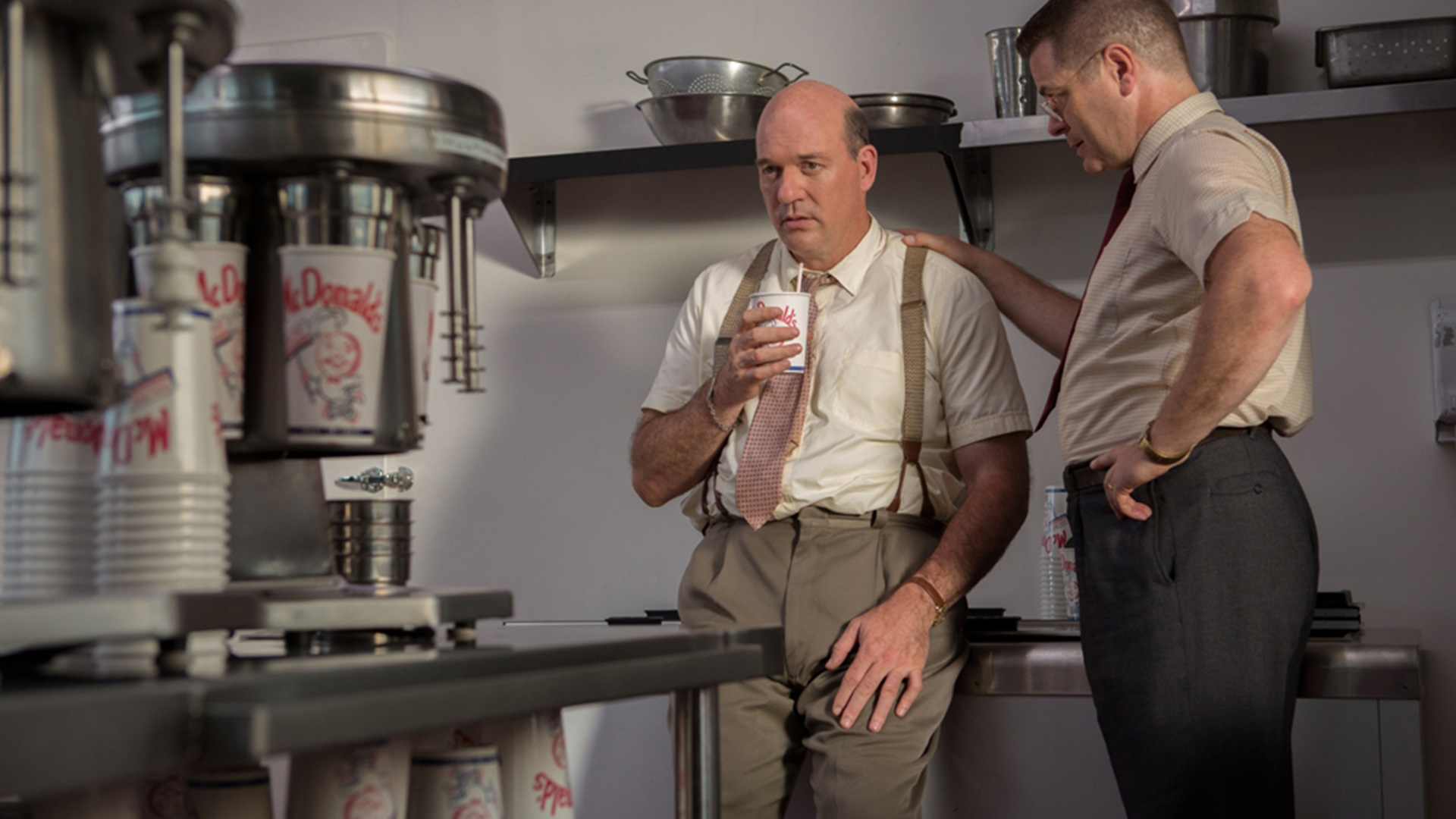
Keaton is best served when he’s sparring with the excellent performances of Nick Offerman and John Carroll Lynch, both of whom provide a significant amount of heavy lifting in the film’s first half and generate a lot of emotive content within the context of the McDonald’s legacy. Sadly, once the McDonald brothers are no longer central to the story, The Founder lists badly, despite Keaton’s solid work, lacking the requisite complexity of character between both he and Dern’s ill-developed Ethel, or even BJ Novak’s Harry Sonneborn (a financial advisor crucial to the success of Kroc’s takeover of McDonald’s); as we see the beginnings of the Golden Arches there’s a pang of nostalgia and wistful historical romance, but the film sputters and dies on the vine. The issue isn’t so much what the story is about, but how Hancock chooses to propel his narrative. The underdeveloped manner in which Ray just rides roughshod over his business partners and turns from a cheery, somewhat cheesy salesman into an absolute douchecanoe isn’t satisfying at all, which is a problem considering this subplot is the lynchpin of the film.
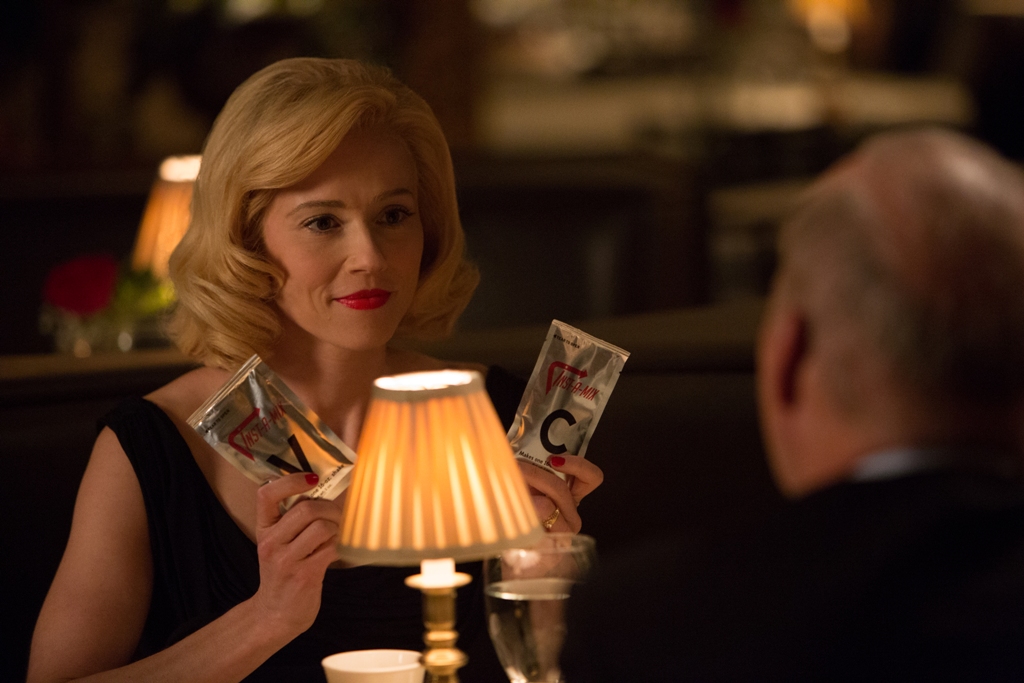
Perhaps the most surprising thing about The Founder is just how accurately it tells its story. A lot of these biographical films tend to gloss over or avoid completely some elements of a tale, even if those things are accountably true. The Founder rates quite highly on the accuracy scales, notably the relationship between Kroc and the McDonald brothers, but it skips over things that might have made it more accessible to casual viewers; you might think Ray and Ethel were childless (they weren’t) or that Ray moved on from Ethel with Joan (he didn’t, he had a whole entire marriage between both women that isn’t mentioned at all) or that Patrick Wilson’s Rollie Smith wasn’t that important to the McDonald’s (he was, being the first real franchisee to stake a claim in the burgeoning franchise), but aside from several minor details and embellishments, the film does tread a legitimately truthful line between reality and Hollywood fantasy.
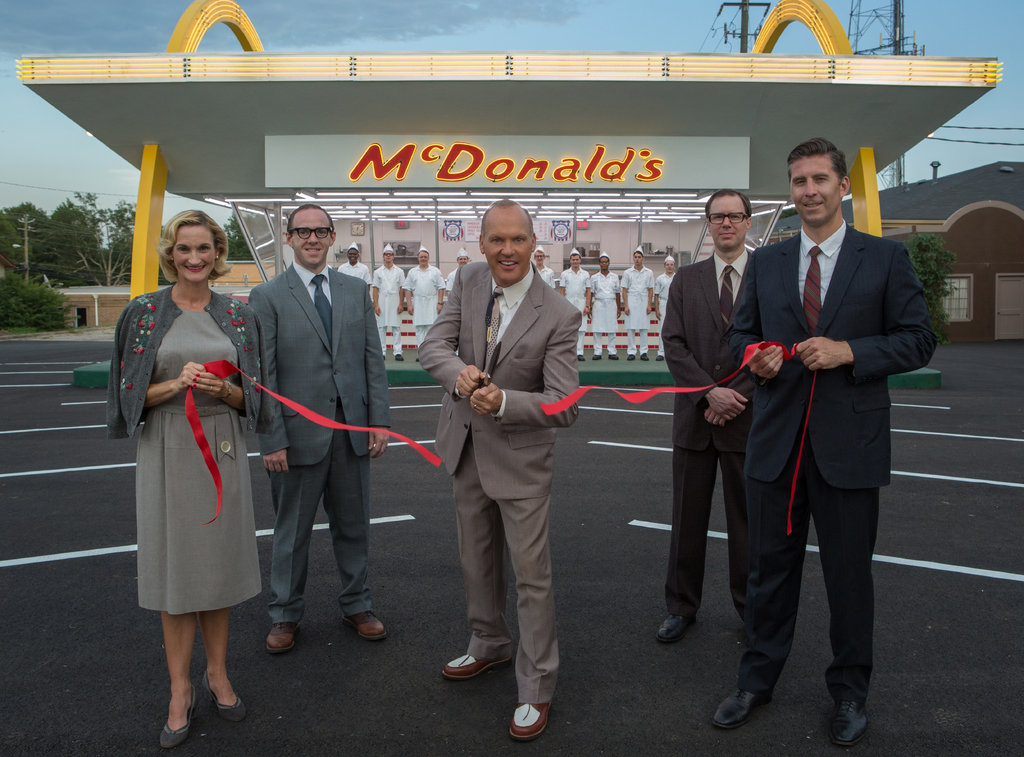
From a production standpoint, The Founder is excellent currency. The representation of the early McDonald’s franchise stores are stunningly beautiful, and almost every step of the design in the film is astutely and accurately rendered. Carter Burwell’s moody score won’t win any points for being memorable but it’s evocative and executes the emotion of any given scene with solid workmanship. John Schwartzman’s bucolic cinematography leans into browns and yellows a lot, subliminally echoing the colour scheme the McDonald’s of today would usurp as its default quite elegantly.

At it’s heart, though, The Founder is Keaton’s film to carry and he does it well. Despite some missteps in the films final third, Hancock’s film unwraps the McDonald’s story in a manner that might feel like it does the job in the immediacy, but after the fact never quite leaves you satisfied. There’s no doubt so much more that could have been extracted from the Ray Kroc story, and that this is the best that could be done is disappointing, but the film honours the brand’s history with a relatively truthful examination of the “this is business” genesis of one of the world’s most recognisable brands, second perhaps only to Coca-Cola.


